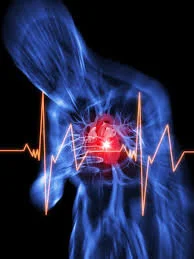While cardiac circulation is one method by which blood can enter the head, a mechanical compression of the body can serve as a substitute for the body’s natural heartbeat and provide blood flow—even in the complete absence of life. This principle underlies the practice of cardiopulmonary resuscitation (CPR), where mechanical compressions are performed on the chest to provide blood flow in the complete absence of a heart beat (in the case of CPR, in hopes of regaining life from clinical death).
Cardiopulmonary arrest medical expert witness specialties include forensic pathology, cardiology, pulmonology, hospitalist medicine, pediatric hospitalist medicine, critical care medicine, EMT, emergency medicine, and pediatric emergency medicine.

